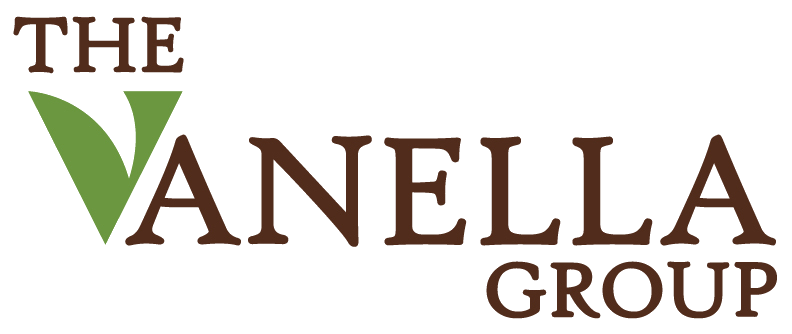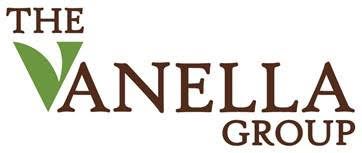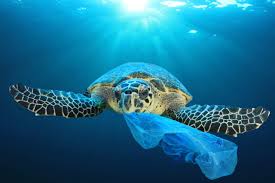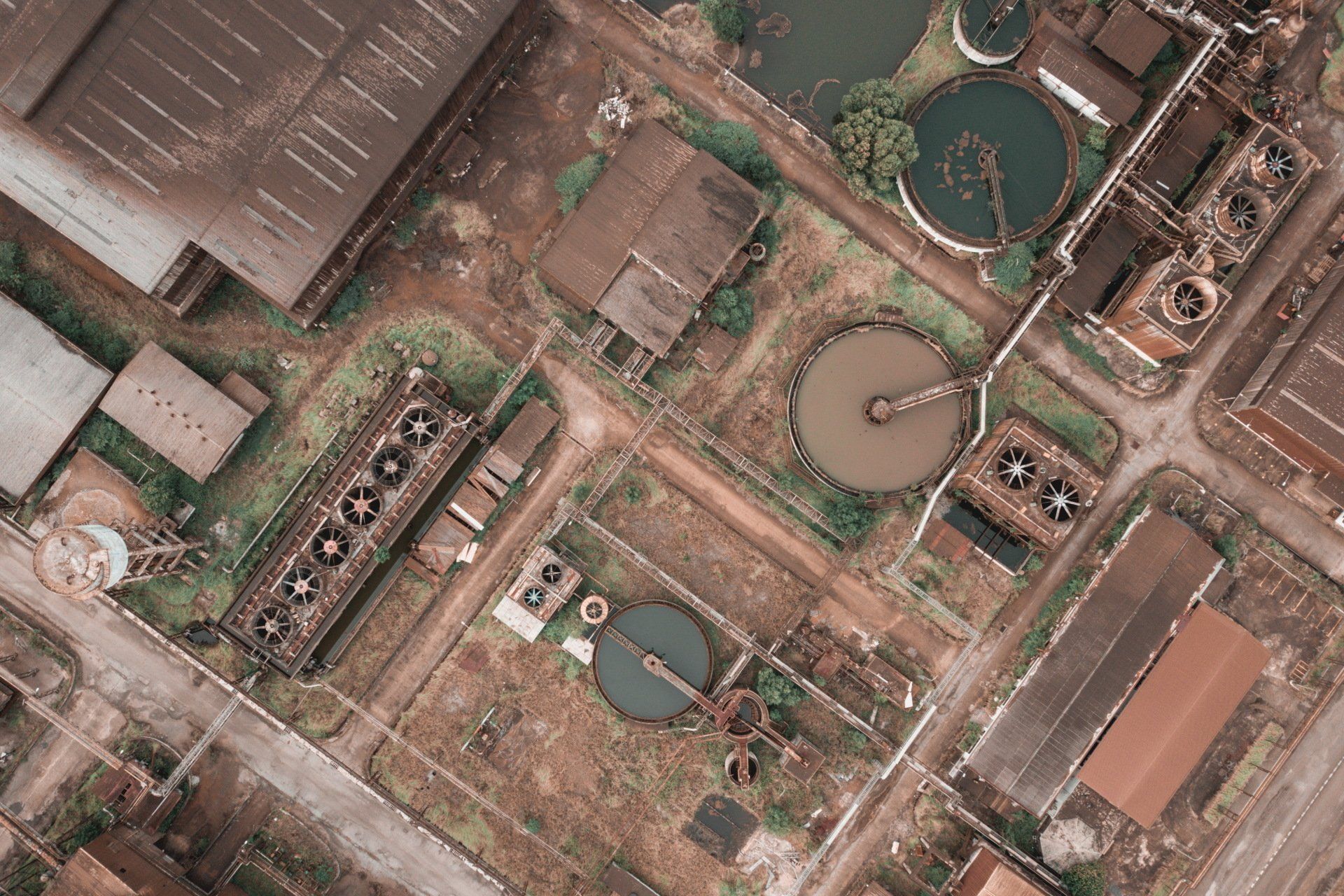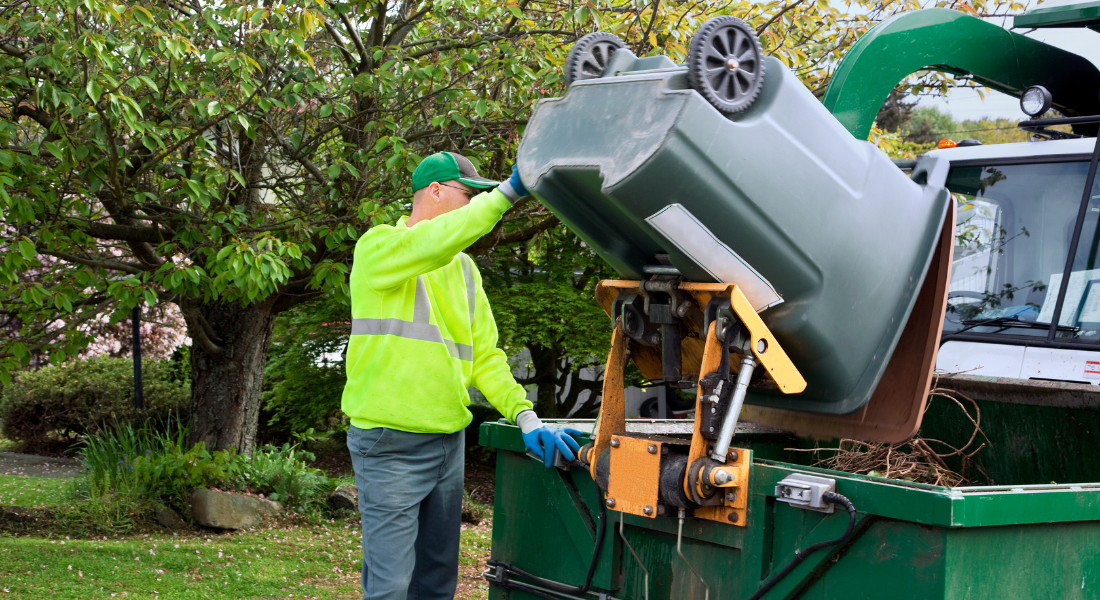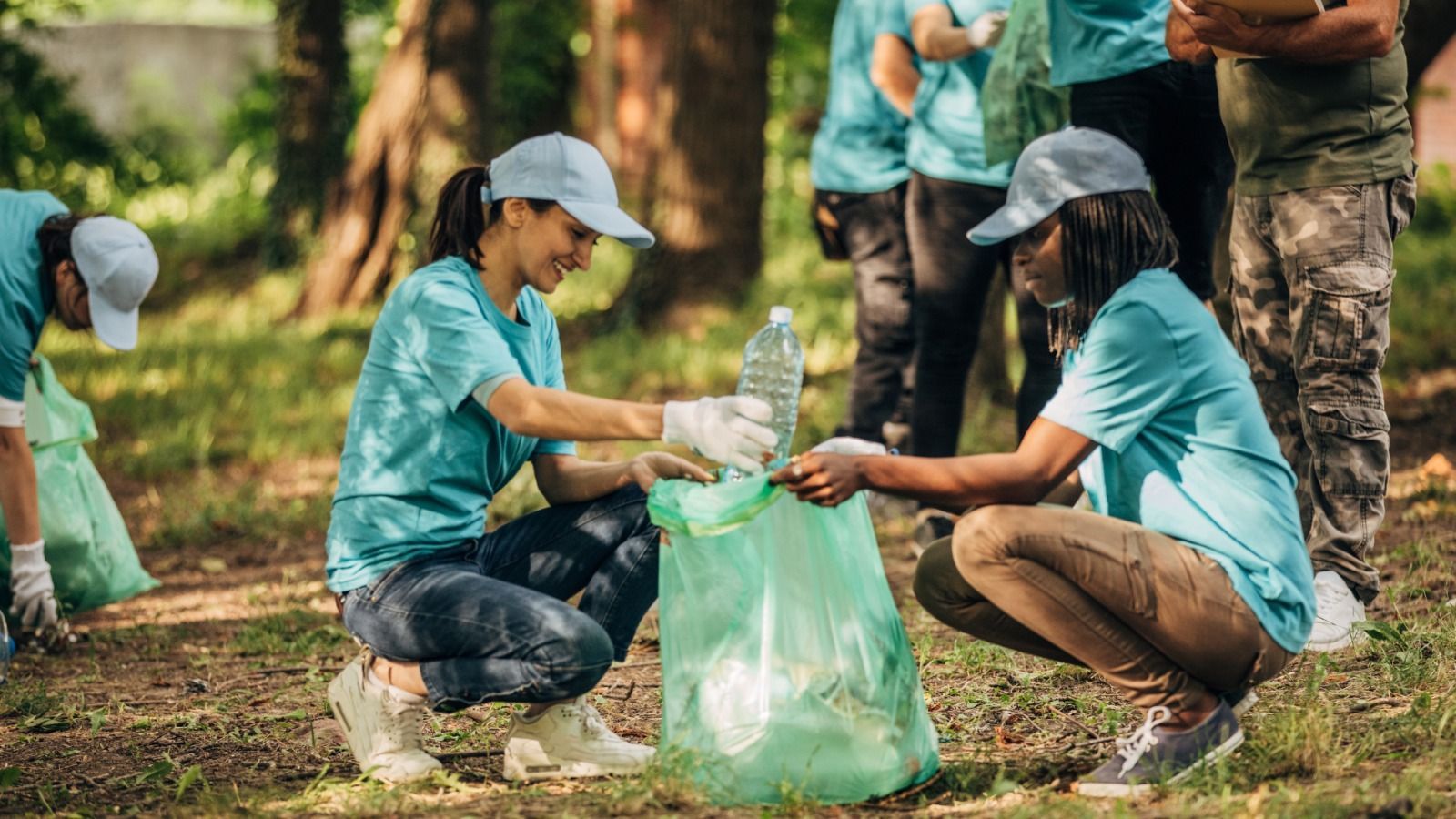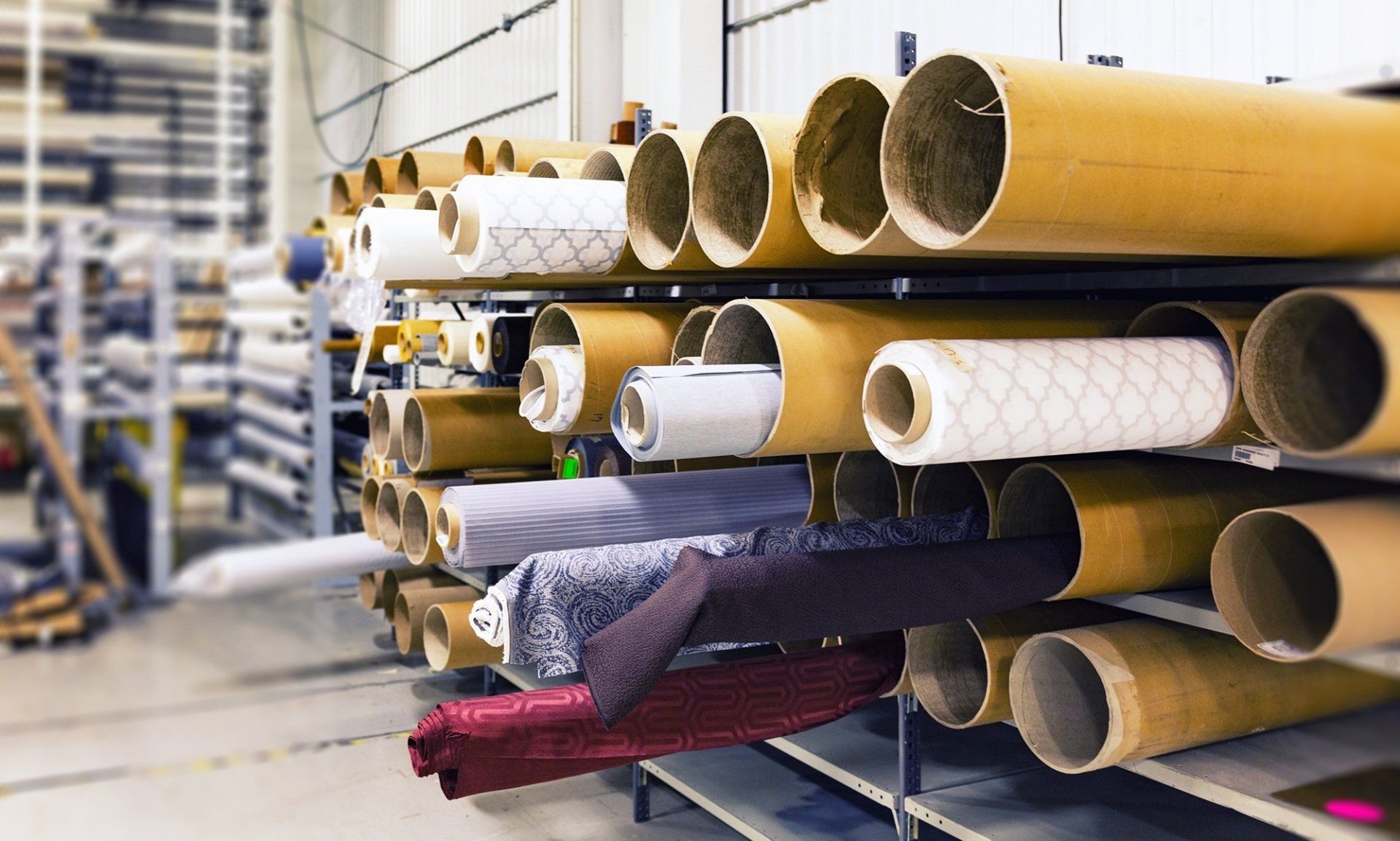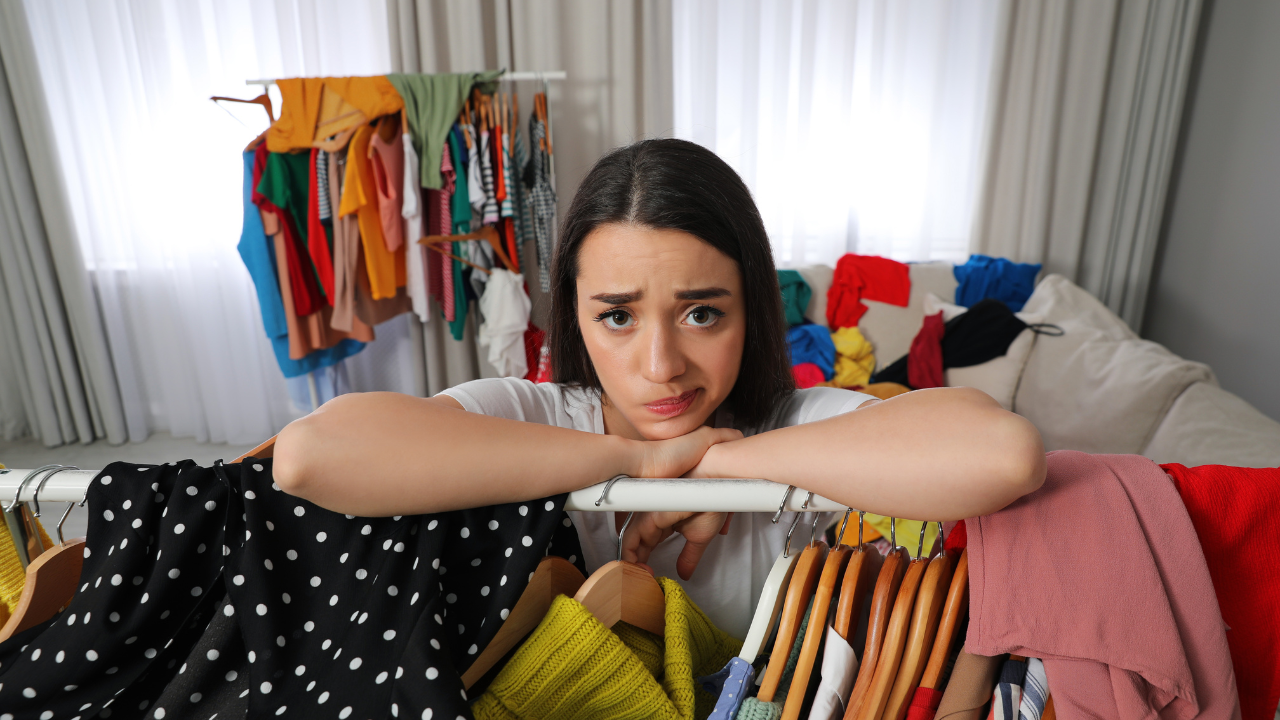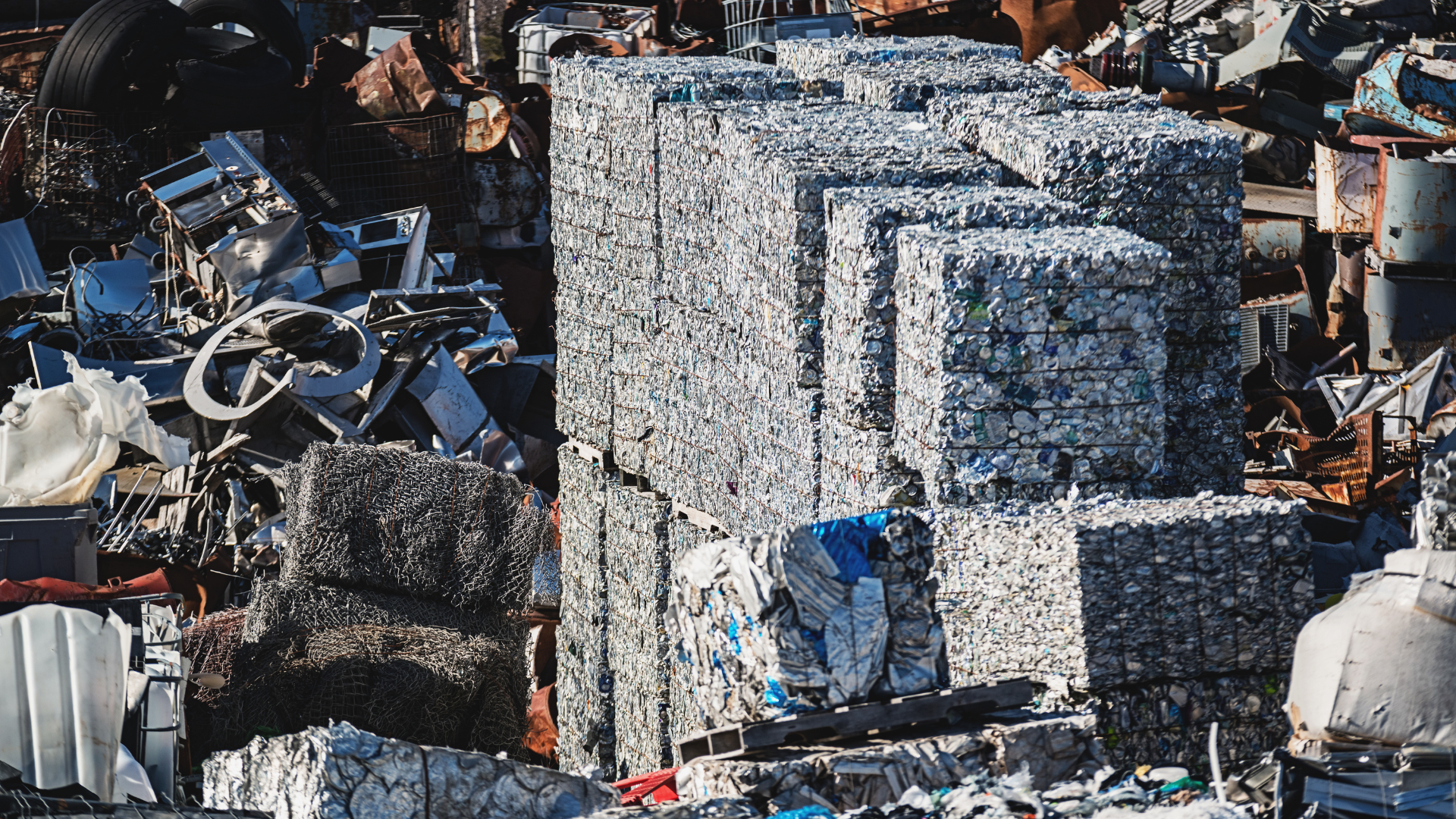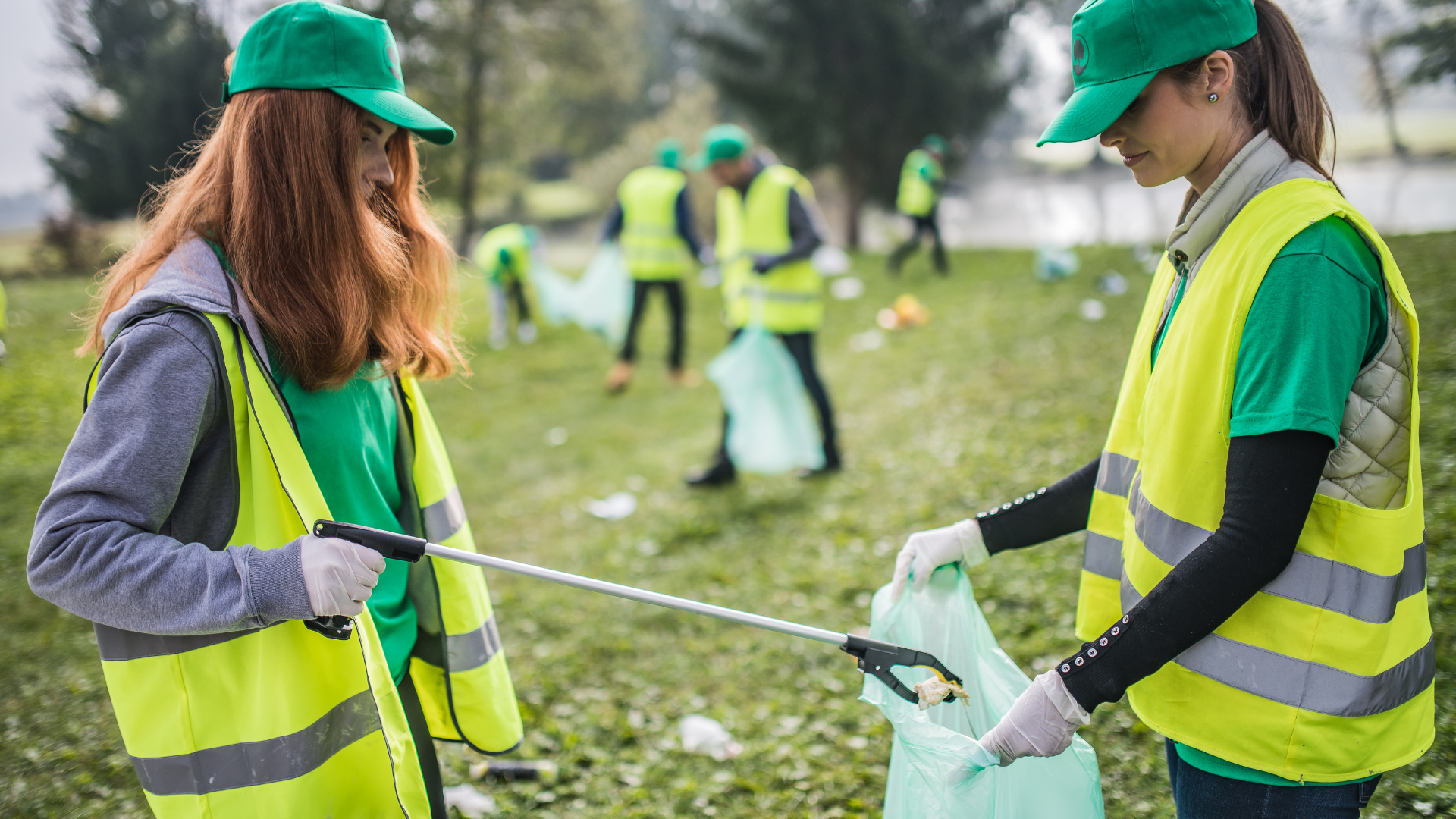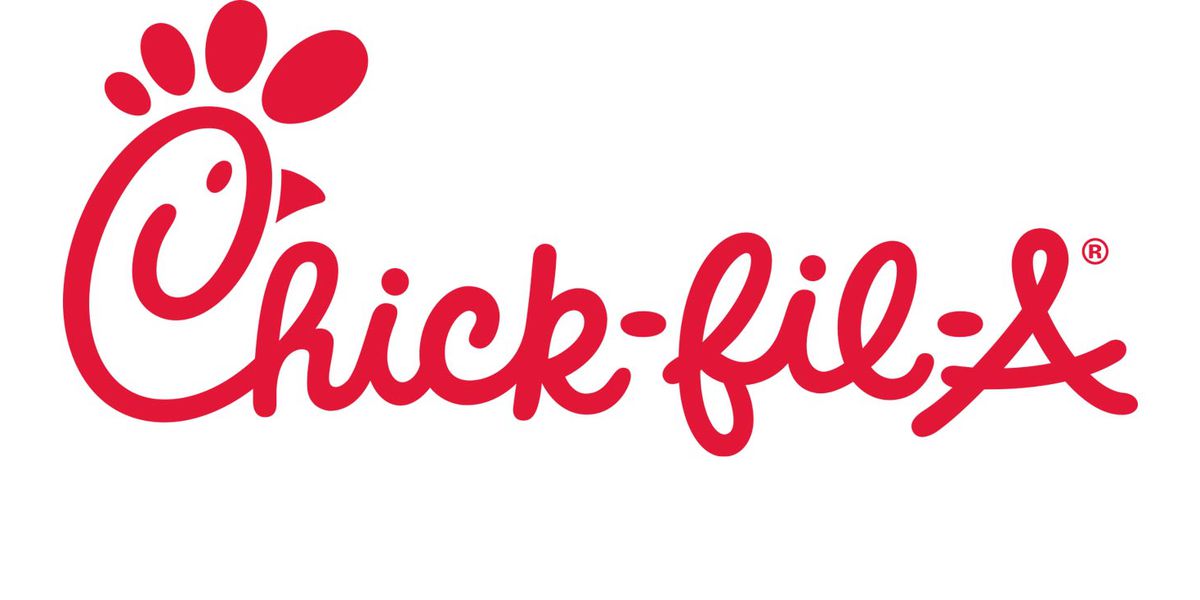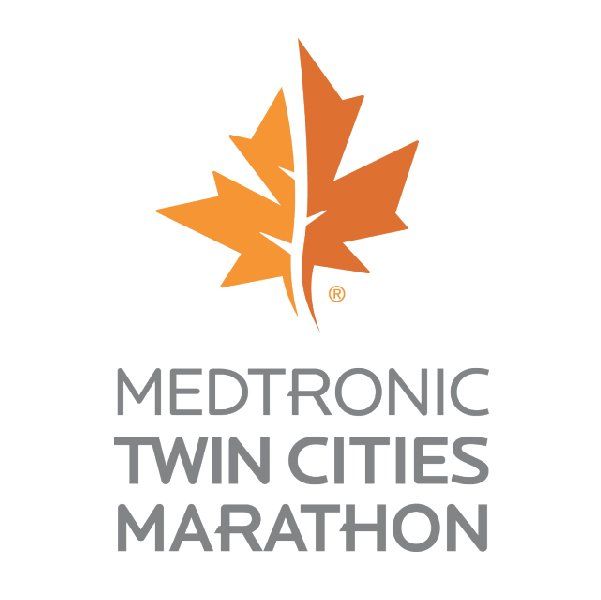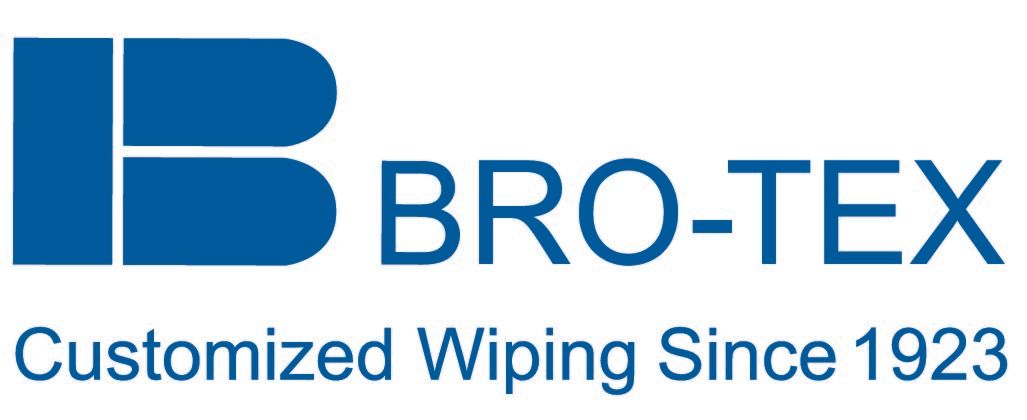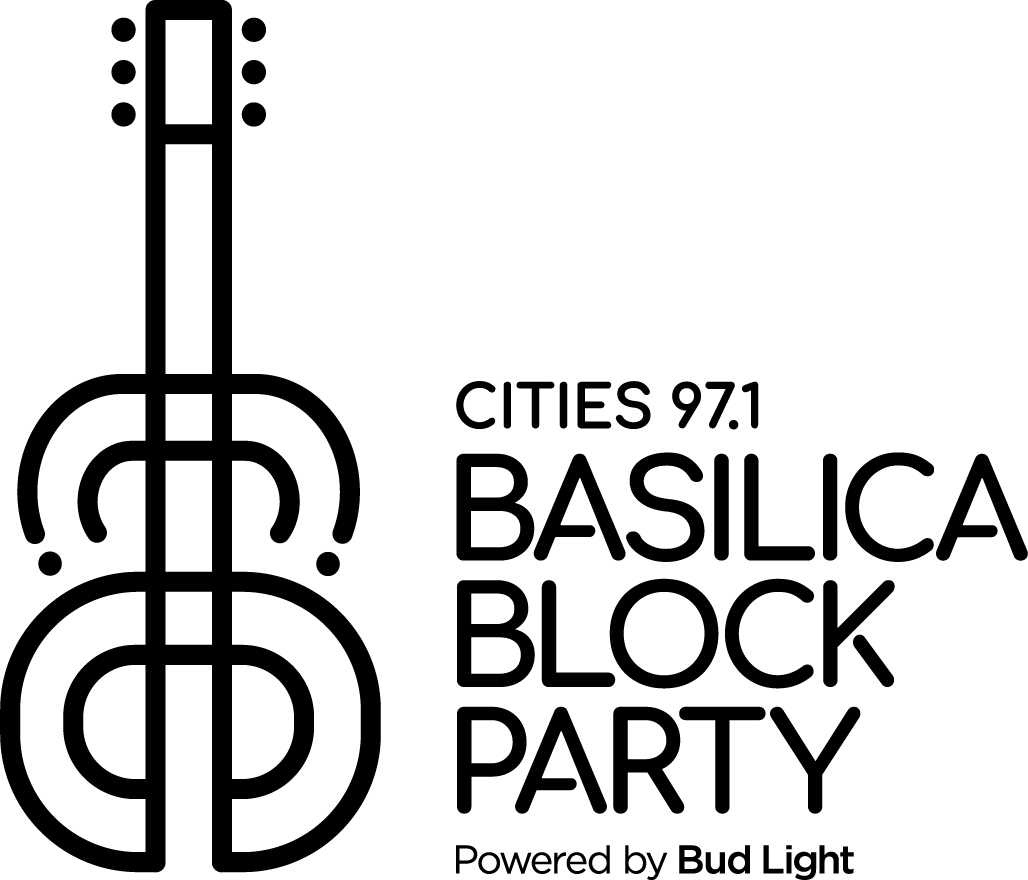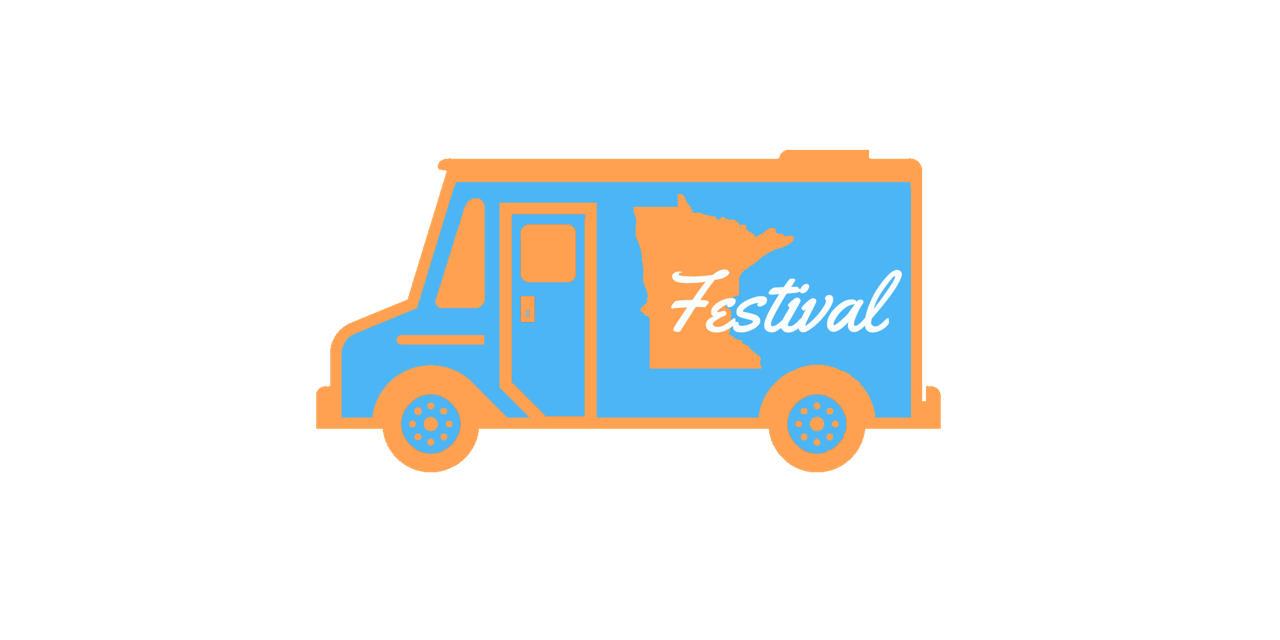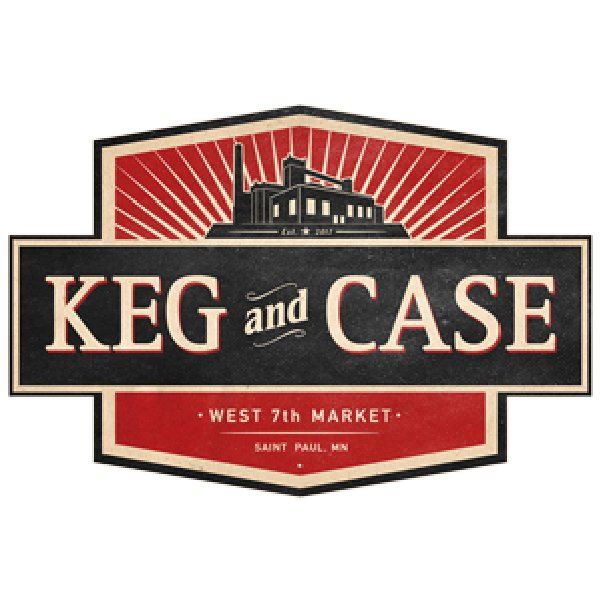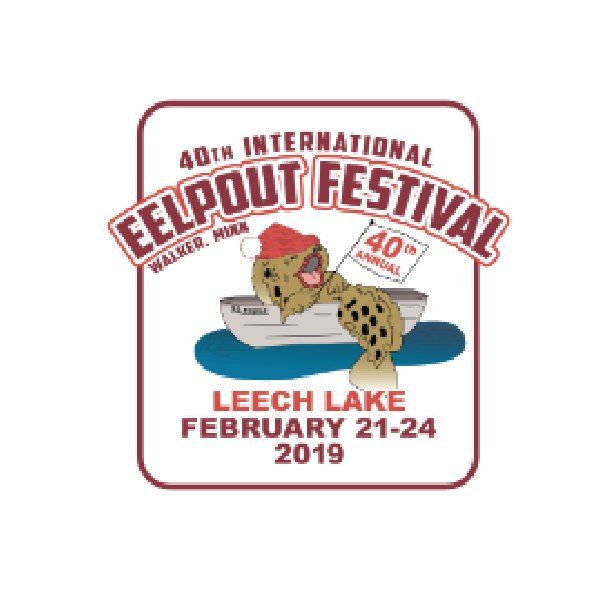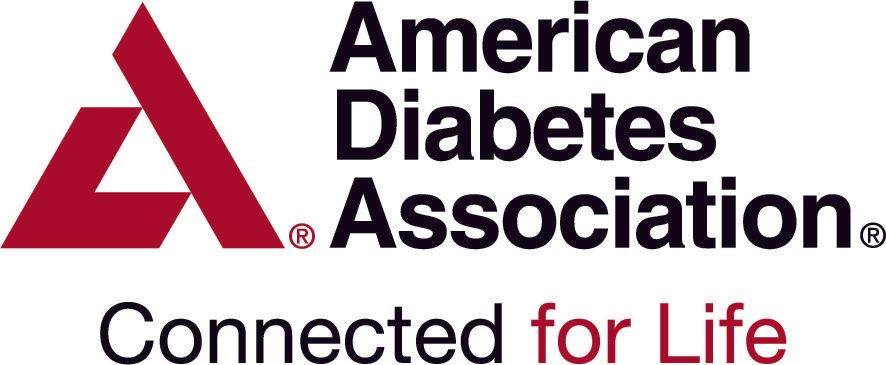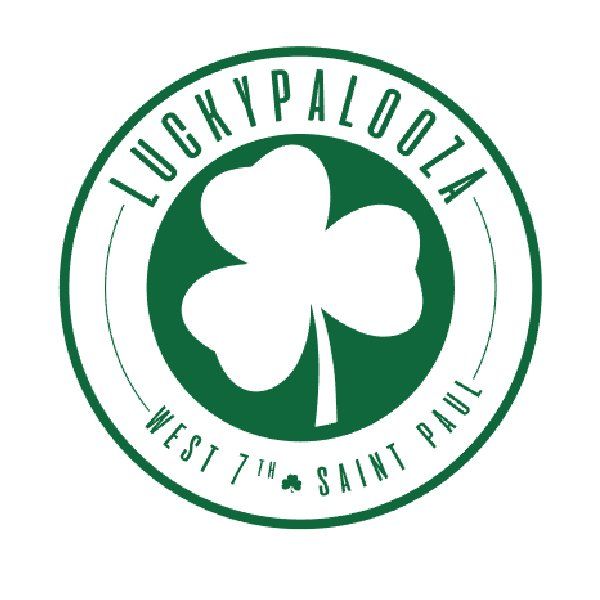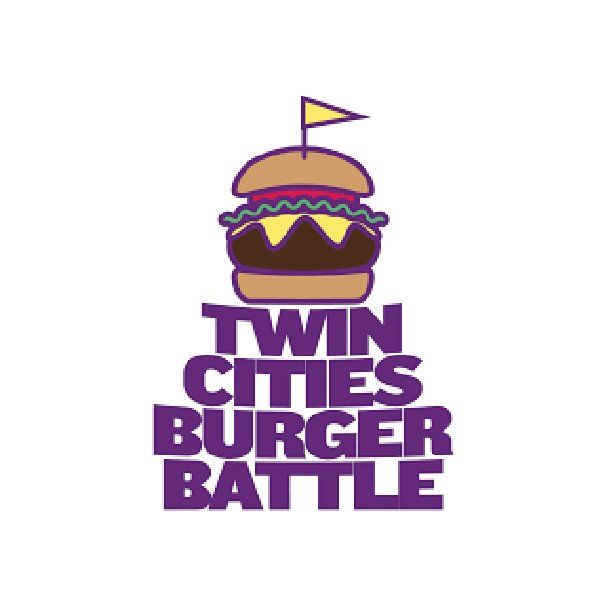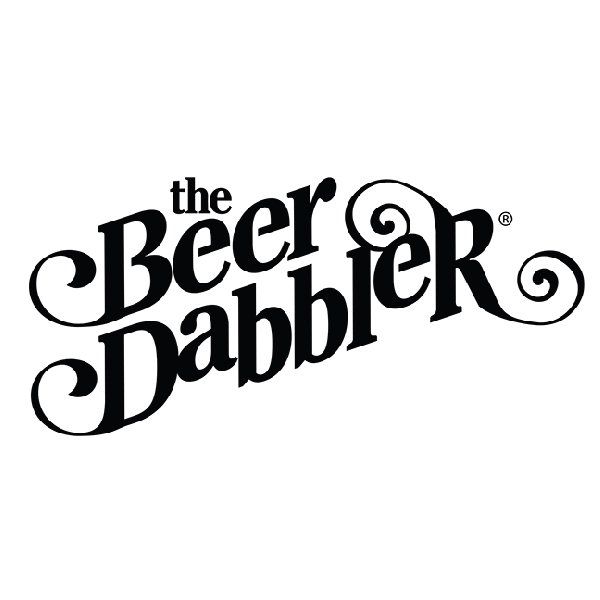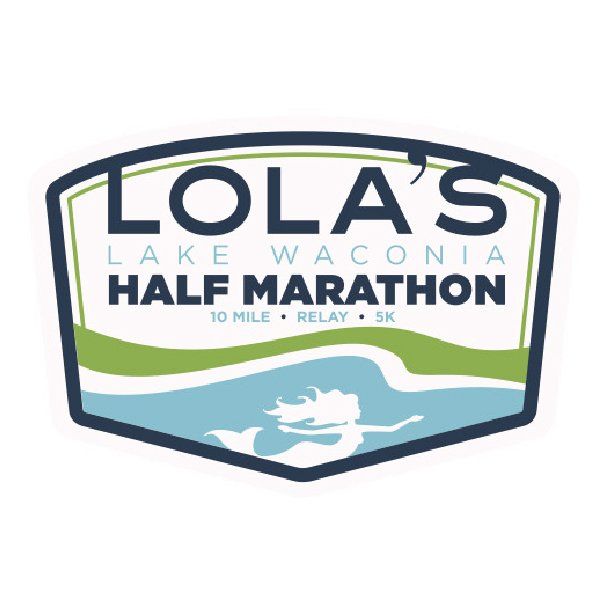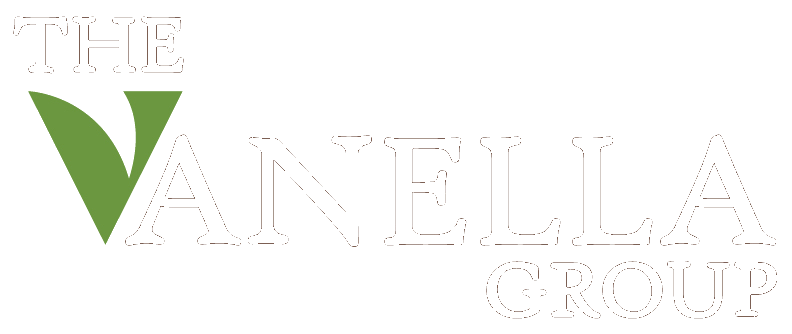Recyclable Waste harmful to pets
FIND OUT HOW YOU CAN SAVE OVER 30% ON YOUR WASTE COST
WHILE IMPROVING THE SERVICE LEVEL
We Will Provide A Free Waste Savings Audit.
5 Recyclable Wastes That Are Hazardous to Pets
“Each year, over 100,000 marine mammals die because of consuming or becoming entangled in floating plastic debris”
For any type of litter, animals of all shapes and sizes are at risk of harming themselves; even chewing toys can be harmful. There are a variety of ways to help improve recycling efforts in the community and reduce the likelihood of litter harming animals. With pets, there isn’t as much of a concern about litter as there is with wild animals.
Anyone who has ever had a puppy knows that anything that isn’t tied down is at risk of being chewed. A pet may injure themselves if we leave recyclable waste out in the open rather than properly stored in a commercial recycling bin.
It’s simple to keep animals safe from harmful garbage. This is possible by recycling, reusing, or simply tossing trash in the bin to dispose of it responsibly.
Animal-Harmful Recyclable Waste
The following are widely known items can harm pets if they aren’t properly recycled:
- Cans of aluminum and tin: The sharp edges of the cans can cut pets.
- Styrofoam: It is a type of polystyrene that is a choking hazard and is poisonous to pets. It is a more tough material to recycle than other recyclables.
- Jars and cups made of glass: Hungry or curious pets can get their heads stuck in these easily.
- Bags and bottles made of plastic: Plastic bags are harmful if eaten by accident, and in rare cases, they can cause suffocation. If chewed on, microplastics from bottles can be ingested.
- Hooks and fishing line: Pets can swallow hooks and fishing lines and this can lead to the death of them.
- Lanterns: Chinese lanterns can seriously injure animals, also known as sky lanterns, because of ingestion, entanglement, and entrapment.
It is critical to avoid causing direct harm to pets and animals from recyclable waste. However, recycling in general does not cause animals to suffer indirectly. Because of the need for more natural resources, it will remove many of the habitats in which animals live if we do not recycle.
Potentially dangerous Organic Waste for Pets
As much as we’d like to think of our pets as living compost bins, feeding them these foods can actually be harmful to them:
- Spoiled food
- Products made of paper
- Napkins and pampers
Conclusion
To prevent the harm to pets, one must consider investing in a commercial recycling bin with a lid if they haven’t already. This is to keep the pets and wild animals from harming themselves.
We can’t always avoid mishaps and mistakes, but the more we know about the common hazards that pets face, the better prepared one will be to avoid them. Certain types of essential oils used in diffusers are one non-waste-related hazard that pets face.
Everyday objects that appear to be absolutely safe can become dangerous when accidentally discovered by animals. By properly disposing of our trash rather than littering, we are making decisions that may save many lives.
GET IN TOUCH TODAY
TVG Waste Consulting provides proactive environmental consulting services. We're dedicated to saving you time, money, and making sure you have a custom solution to meet your needs. Contact us today!
Our Recent Articles
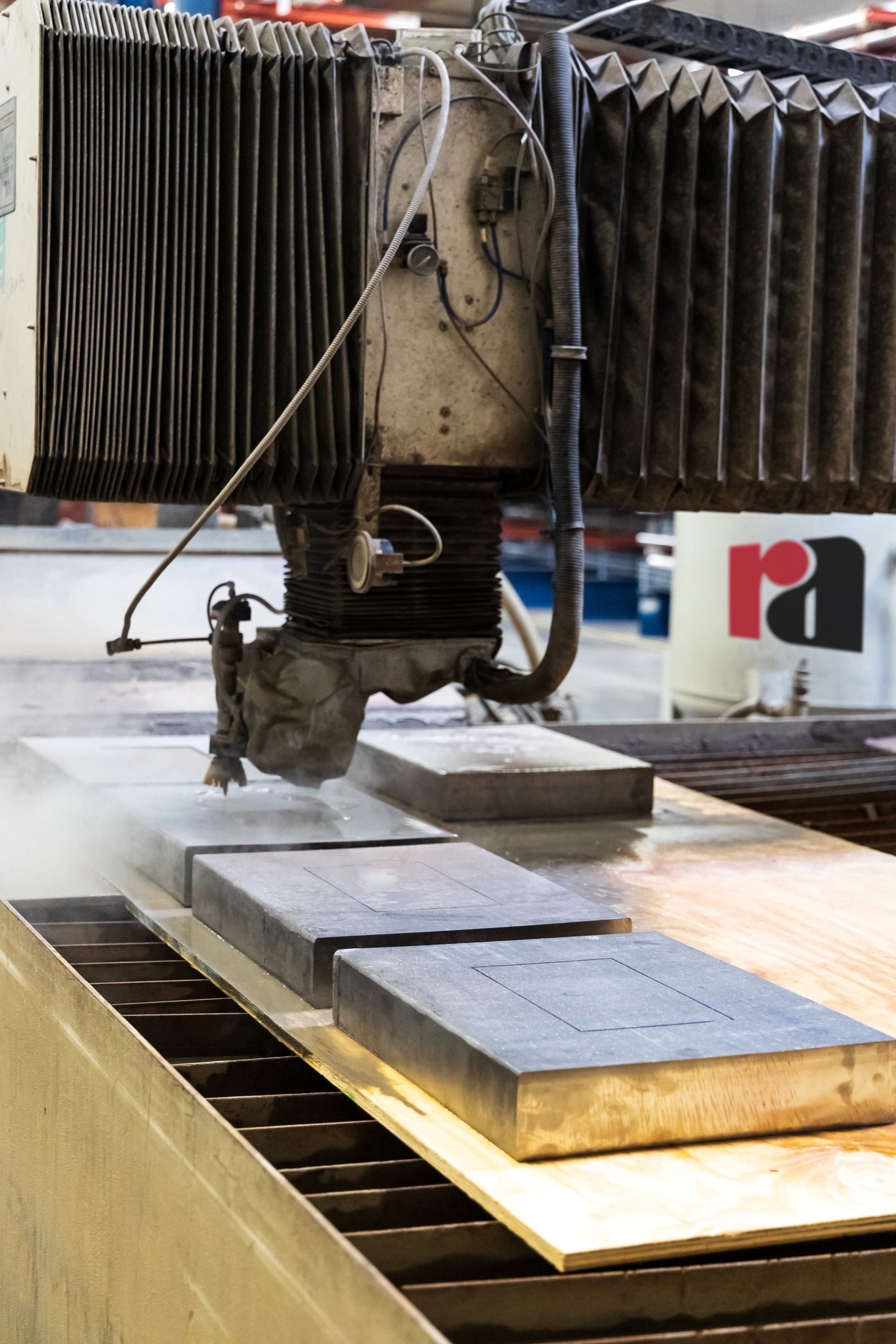
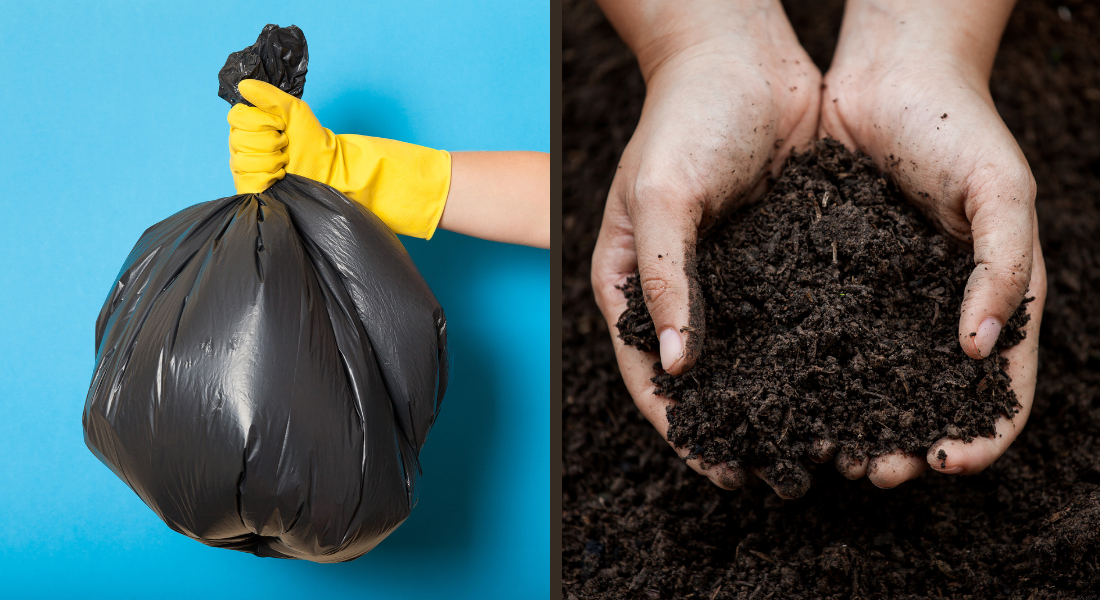
FIND OUT HOW YOU CAN SAVE OVER 30% ON YOUR WASTE COST
WHILE IMPROVING THE SERVICE LEVEL
We Will Provide A Free Waste Savings Audit.
